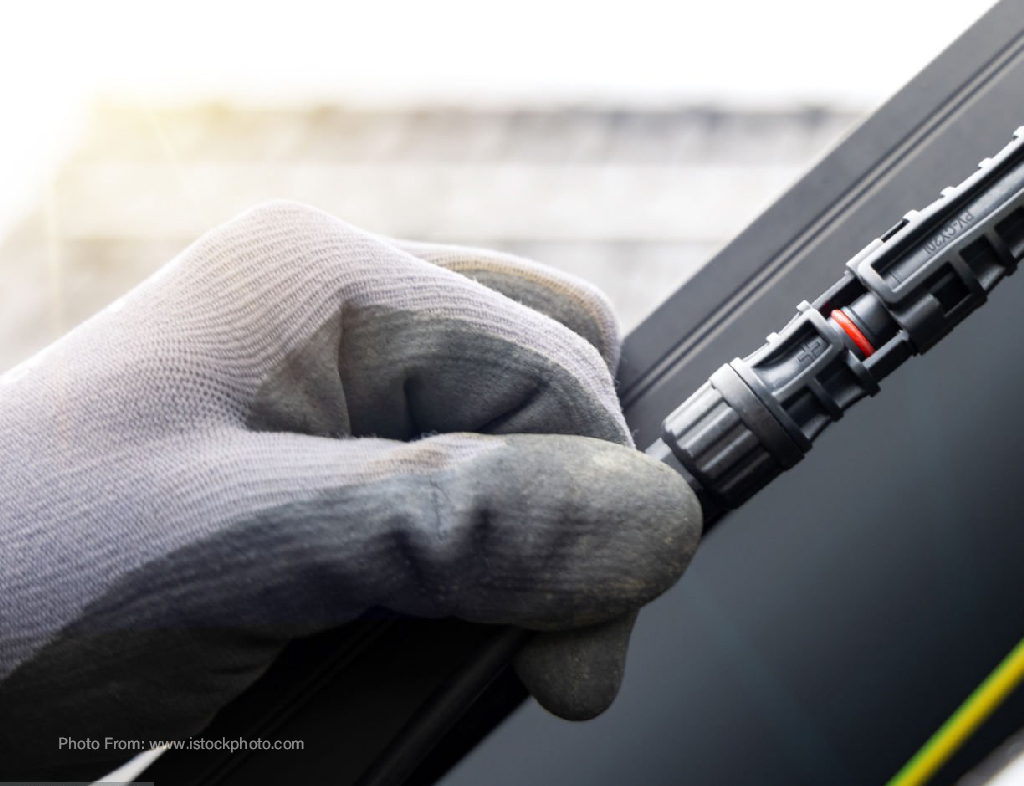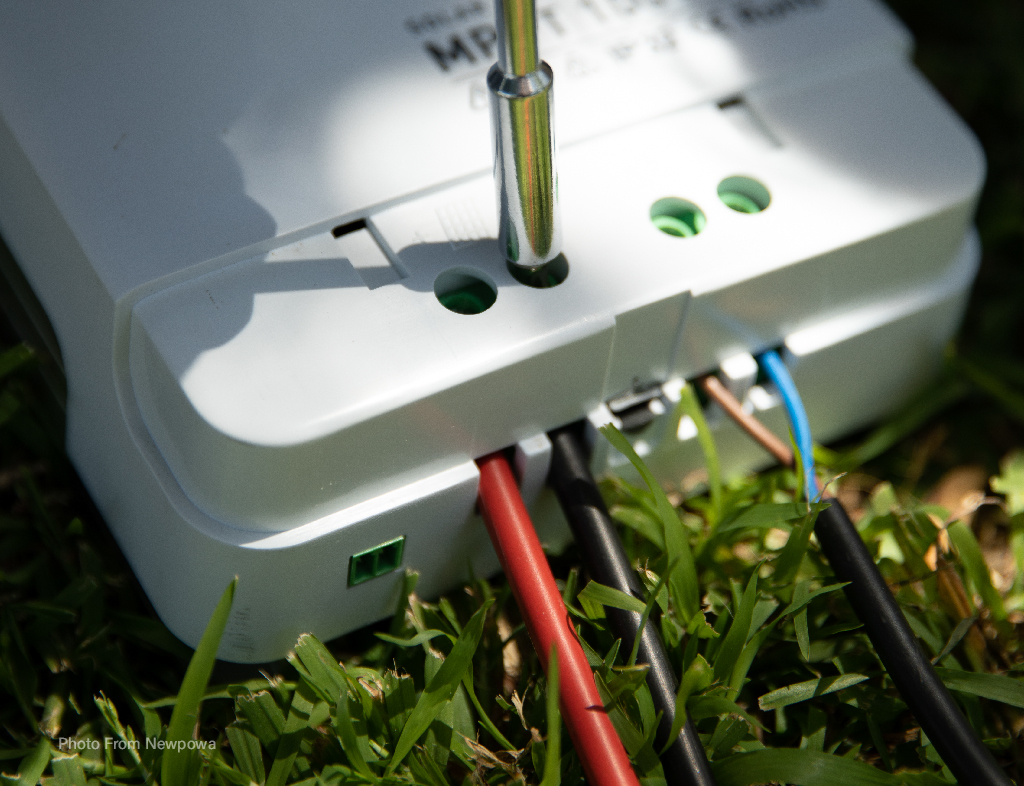ARE YOUR PV CABLES HOT? IF SO, HERE'S WHY!
17th Jul 2024
Have you noticed that the cables connected to your photovoltaic (PV) solar panels are feeling unusually warm to the touch? While it may seem concerning at first, there are several reasons why PV cables can become hot during operation. Let's explore some of the common causes and what you can do about it.

1. Current Flow: One of the primary reasons for hot PV cables is the flow of electrical current through the wires. As solar panels generate electricity from sunlight, the current travels through the cables to power your electrical system. Depending on the size of your solar array and the electrical load being drawn, the amount of current flowing through the cables can vary. Higher currents result in increased resistance in the cables, leading to heat generation.
2. Cable Size: The size and gauge of the cables used in your solar system play a significant role in determining their heat resistance. Undersized cables may not be able to handle the current flowing through them, leading to excessive heat buildup. It's essential to ensure that the cables installed in your solar system are properly sized and rated to handle the expected current load without overheating.
3. Ambient Temperature: Environmental factors, such as high ambient temperatures, can also contribute to cable heating. Solar panels are often installed outdoors, where they are exposed to sunlight and other weather elements. In hot climates or during periods of intense heat, the temperature of the cables can rise, exacerbating heat buildup.
4. Connection Issues: Poorly crimped or corroded connections can increase electrical resistance in the cables, leading to heat generation and potential safety hazards. It's essential to regularly inspect and maintain the connections in your solar system to ensure they are clean, secure, and free from damage.
5. Overloading: Overloading your solar system by connecting too many electrical loads or exceeding the rated capacity of your components can lead to excessive heat buildup in the cables. It's crucial to design your solar system properly and avoid overloading it beyond its capacity to prevent potential safety risks.

In summary, while it's normal for PV cables to become warm during operation, excessively hot cables could indicate underlying issues that require attention. By understanding the common causes of cable heating and taking proactive measures to address them, you can ensure the safe and efficient operation of your solar system. If you're concerned about hot PV cables in your solar system, consult with a qualified solar technician to assess the situation and implement appropriate solutions.
Be Wise, Go Solar!
